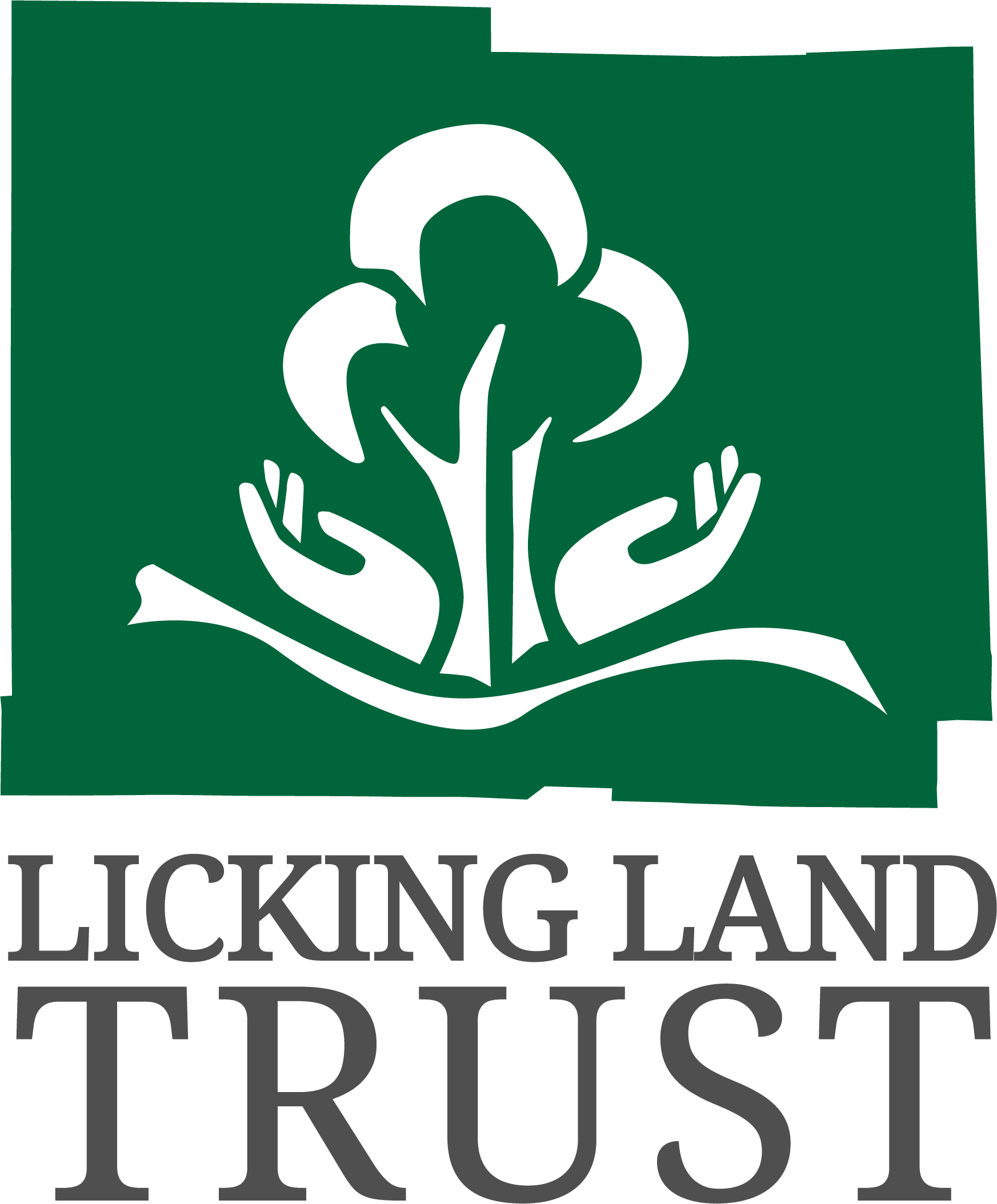Conservation and Agricultural Easements
A conservation or agricultural easement is a legal agreement that is generally granted, but is occasionally sold, to a unit of government or a qualified non-profit conservation organization, such as the Trust. The landowner retains ownership of the land, and the right to control access to it.
The easement permanently restricts both the type and amount of development and other activity that may take place on the land. It is filed with the county recorder, becomes part of the title of the land and is legally binding on and enforceable against all future owners of the land. The Trust takes responsibility for assuring that the easement is followed. The Trust's model easements can be used by landowners to tailor their own easement to fit the special circumstances applicable to their land.
While some conservation and agricultural easements allow no further development on the land, others may allow a limited number of new structures or may restrict buildings to specific sites. Forest management, agricultural use, and passive recreation by the land owner are generally allowed. But, in some cases the landowner may wish to restrict some or all of these uses. The landowner retains control of the land and all rights not specifically granted in the easement. An easement does not require that the land be open to the public.
BENEFITS TO THE LANDOWNER. As individuals, landowners who place conservation or agricultural easements on their land provide perpetual conservation protection. Collectively, landowners share in the preservation of land, water resources, and quality of the environment, and all will take satisfaction in preserving the natural beauty and rural character of Licking County.
The donation of some or all of the development rights to the Trust is the transfer of a valuable asset and usually qualifies as a charitable contribution on the donor's federal income tax returns. The amount would depend upon the value of the easement and the landowner's income and other charitable contributions.
For some, easements may provide estate tax benefits that will enable the heirs to retain lands that are dedicated to conservation or agricultural uses.
Finally, if the property taxes are based upon the highest and best economic use of the land, placing the land under a conservation easement may reduce the assessed value and result in lower property taxes.
To find out more about conservation and agricultural easements please contact us at lickinglandtrust@gmail.com or 740-587-4104.
